Lisbon's Tourist Tax Revenue
The Lisbon City Council has collected a total of €203.2 million from the tourist tax imposed since January 2016, with €40.2 million raised in 2023 alone, as announced on Monday.
Upcoming Increases
Currently, the tourist tax is set at €2 per guest per night, but starting September 1, this will double to €4. This change follows a proposal approved by the municipal representatives in July.
Additionally, the maritime arrival tax remains at €2 per passenger for those over 13 years old arriving via cruise ships.
Historical Context
The tourist tax, which applies to both national and foreign tourists staying in hotels or local accommodations for up to seven nights, began at €1 per night in 2016. It increased to €2 in January 2019 and will now rise to €4.
The revenue generated from this tax has shown a consistent upward trend over the years, despite challenges posed by the COVID-19 pandemic. The city collected €46.5 million in the first three years when the rate was €1, but saw a decline during the pandemic, with just €9.9 million in 2021.
However, recovery was notable in 2022, with the tax revenue climbing to €33.1 million, and reaching a record of €40.2 million in 2023.
Financial Breakdown
As of July 31 this year, the city had accumulated €25.3 million from the tourist tax, which now includes cruise passengers. The total revenue from January 2016 to July 2023 stands at €203.2 million.
Future Outlook
In response to questions about the impact of the upcoming tax increase, the City Council indicated that various indicators suggest that the flow of overnight stays in Lisbon will remain stable or slightly increase in 2023.
Under the leadership of Carlos Moedas (PSD), the council emphasized that tourism is crucial for the city's economic and social growth and that it requires ongoing public intervention to ensure sustainability and minimize negative externalities.
Allocation of Funds
The city has committed to using the tourist tax revenue to enhance urban infrastructure and services, including €8 million annually for urban hygiene and cleaning. Notable investments funded by the tax include improvements at Doca da Marinha, Estação Sul-Sueste, Museu Tesouro Real, and the Interpretive Center of the 25 de Abril Bridge.

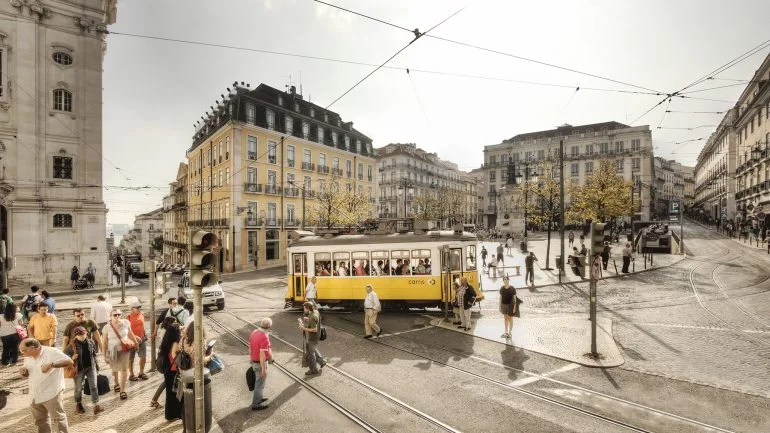


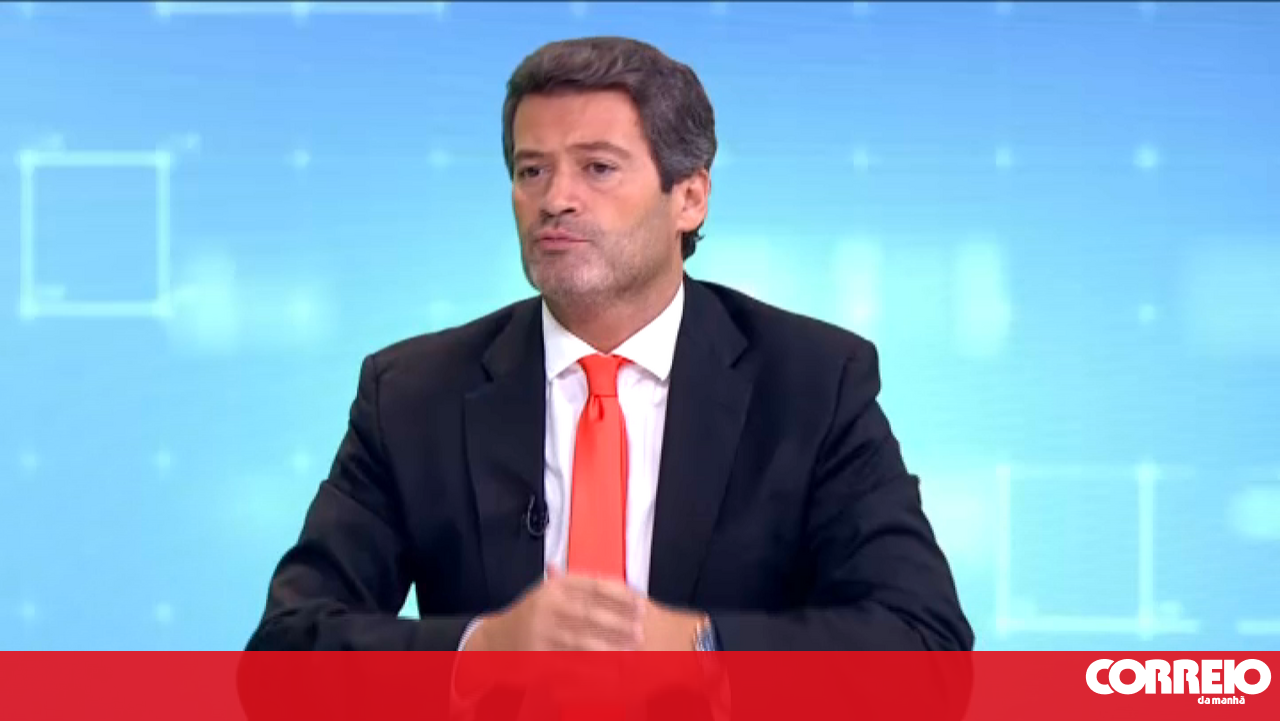
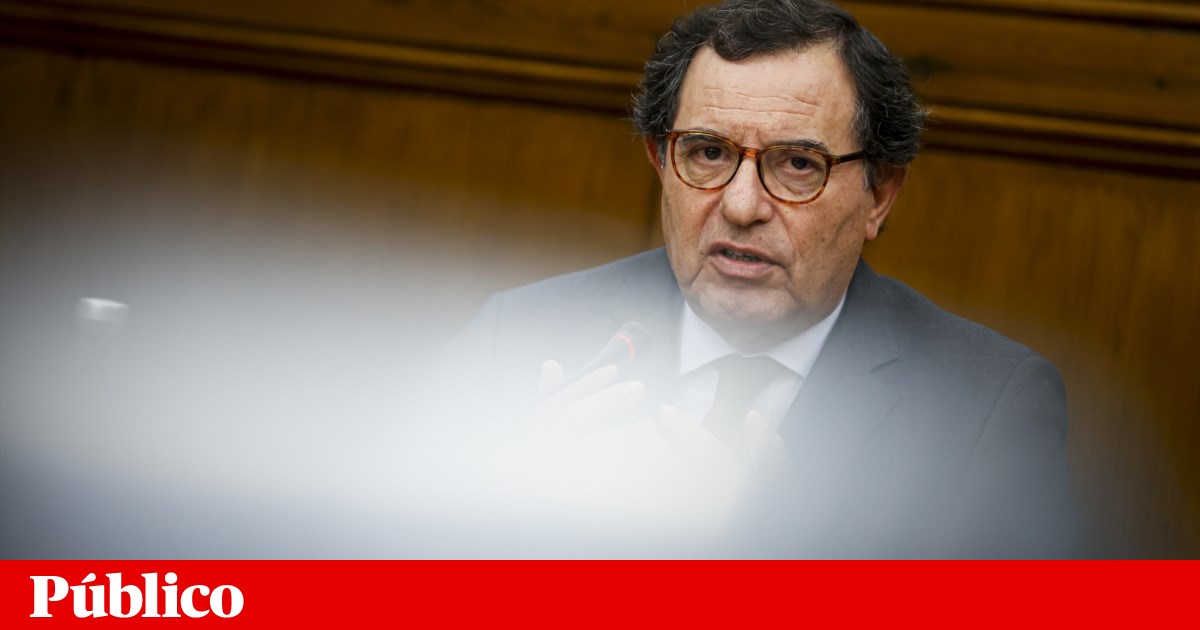




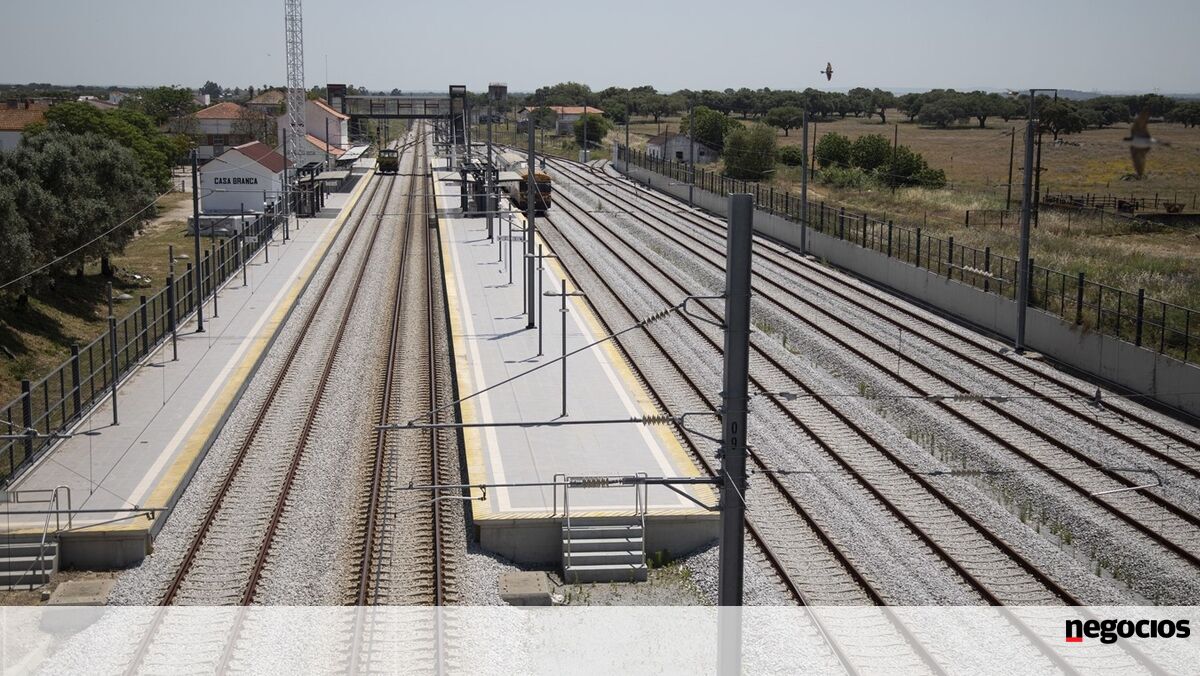

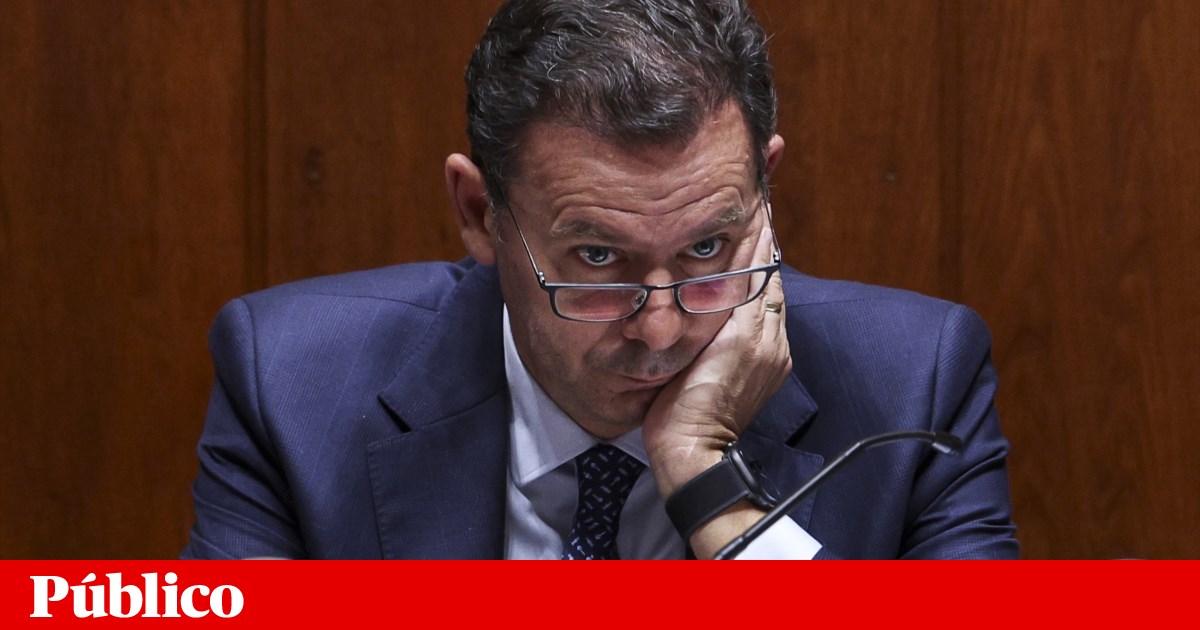

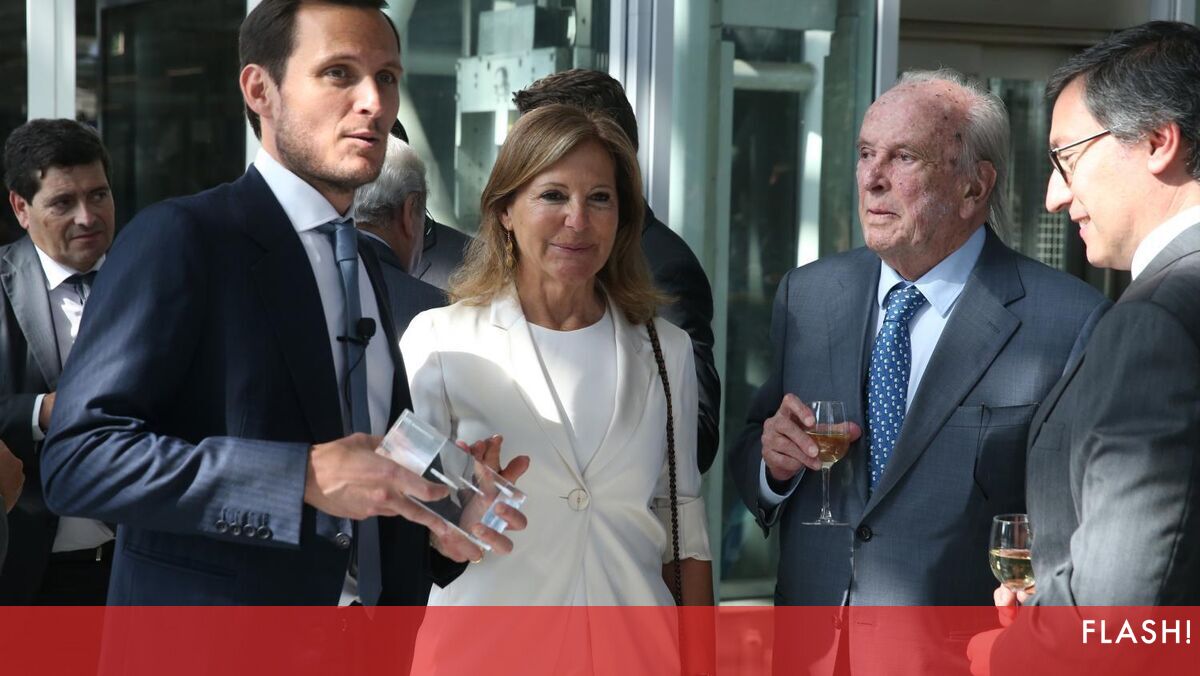


Comments
Join Our Community
Sign up to share your thoughts, engage with others, and become part of our growing community.
No comments yet
Be the first to share your thoughts and start the conversation!